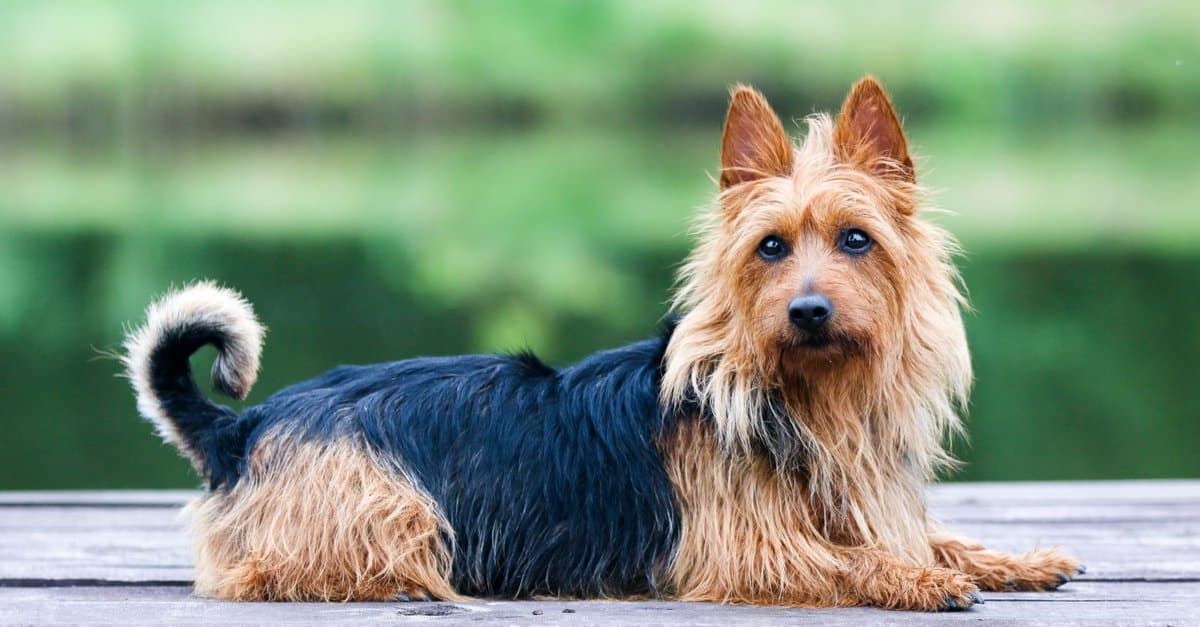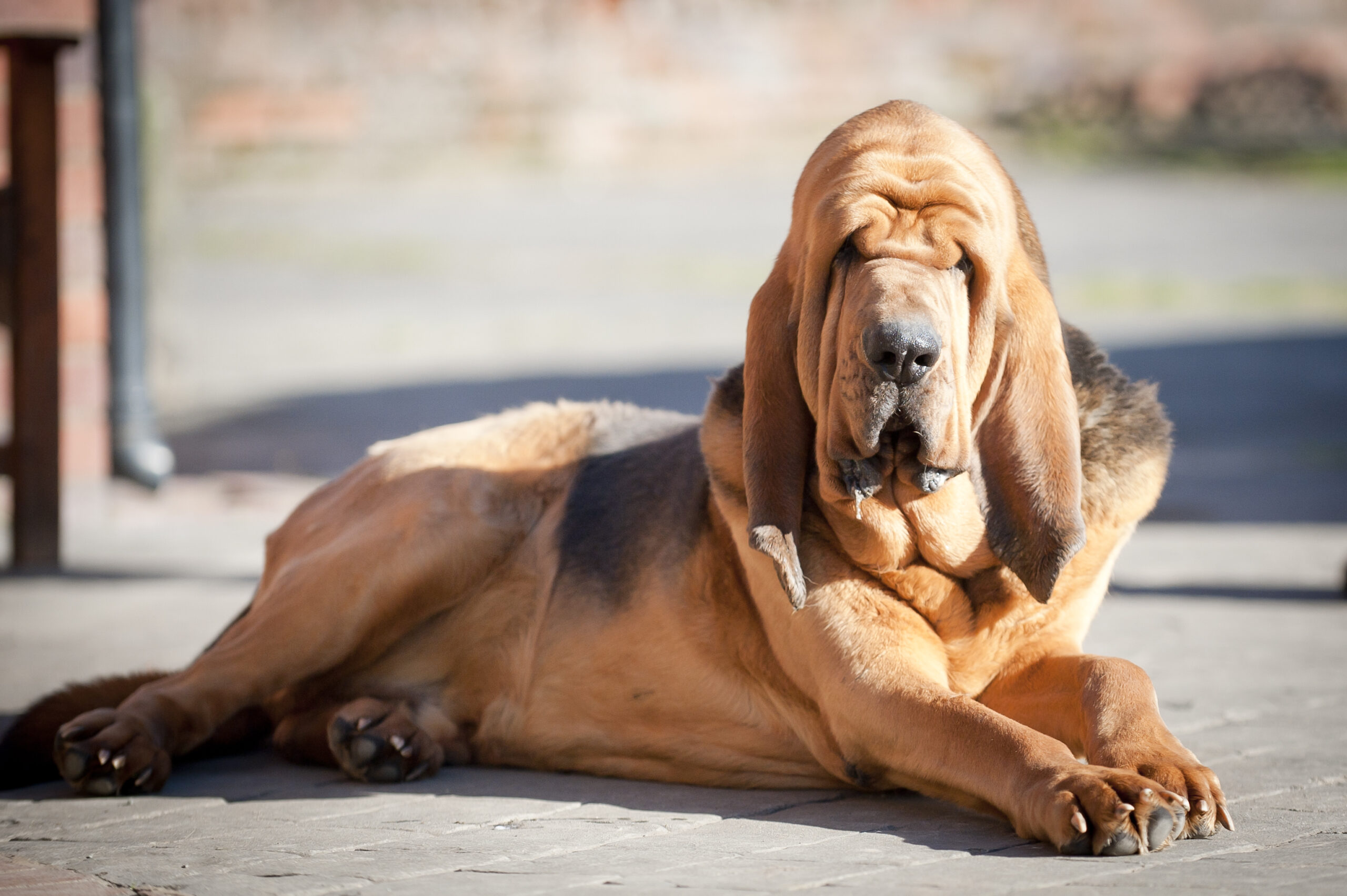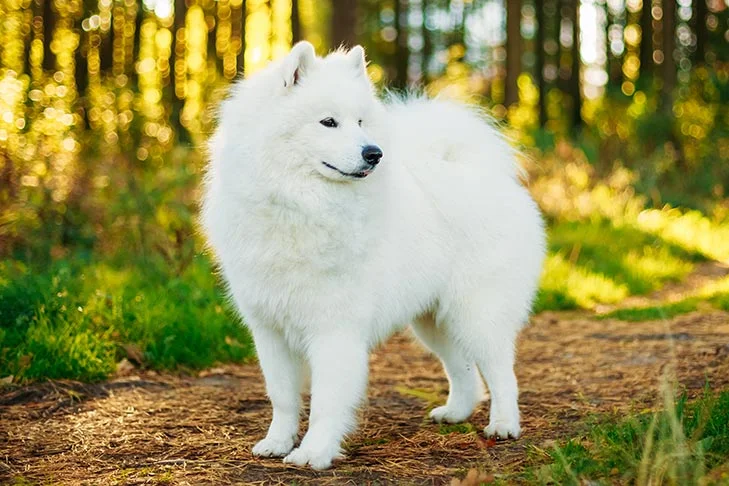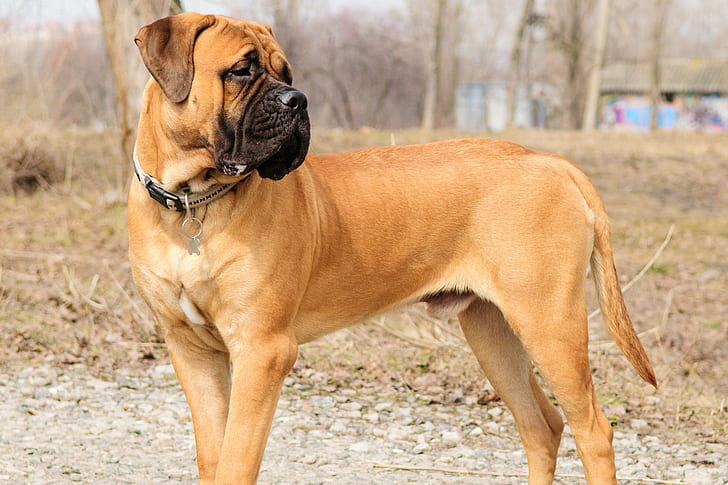
The Bullmastiff is a strong and large dog breed that originated in England in the 19th century. Its creation involved crossing the English Mastiff with the Old English Bulldog to develop a dog that was both powerful enough to assist gamekeepers in catching poachers and agile enough to pursue them. Bullmastiffs were originally trained to protect estates and property, and their loyalty and gentle nature have made them popular as family pets. They typically weigh between 100 and 130 pounds and stand 24 to 27 inches tall at the shoulder. Despite their imposing size, they are known for their calm and gentle temperament, though they may require early socialization and training to interact well with strangers and other dogs.
Temperament
Personality traits of the breed
Bullmastiffs are known for their gentle and loyal personalities, which have made them popular as both guard dogs and family pets. They are affectionate with their human families, and they enjoy spending time with their loved ones. Despite their size and strength, they have a calm and patient nature, making them suitable for homes with children. However, they can be wary of strangers and may exhibit aggressive behavior towards other dogs, so early socialization and training is recommended. With proper training and care, Bullmastiffs make devoted and faithful companions.
Relationship with their owner
Bullmastiffs have a strong bond with their owners and are known for their loyal and protective nature. They thrive on human companionship and require plenty of attention and affection from their owners. With proper socialization and training, they can make wonderful family pets and are especially great with children. However, it is important to remember that due to their large size and protective instincts, bullmastiffs need to be trained and managed appropriately to prevent any potential issues.While bullmastiffs can make wonderful pets, they may not be the best choice for first-time dog owners due to their large size, protective nature, and training needs. These dogs require consistent and firm training, socialization, and exercise to ensure they are well-behaved and well-adjusted. As such, first-time dog owners may find it challenging to meet the needs of a bullmastiff. However, with proper research, preparation, and dedication to training and socialization, first-time owners can successfully care for and enjoy the companionship of a bullmastiff.
Aggression in Bull Mastiff
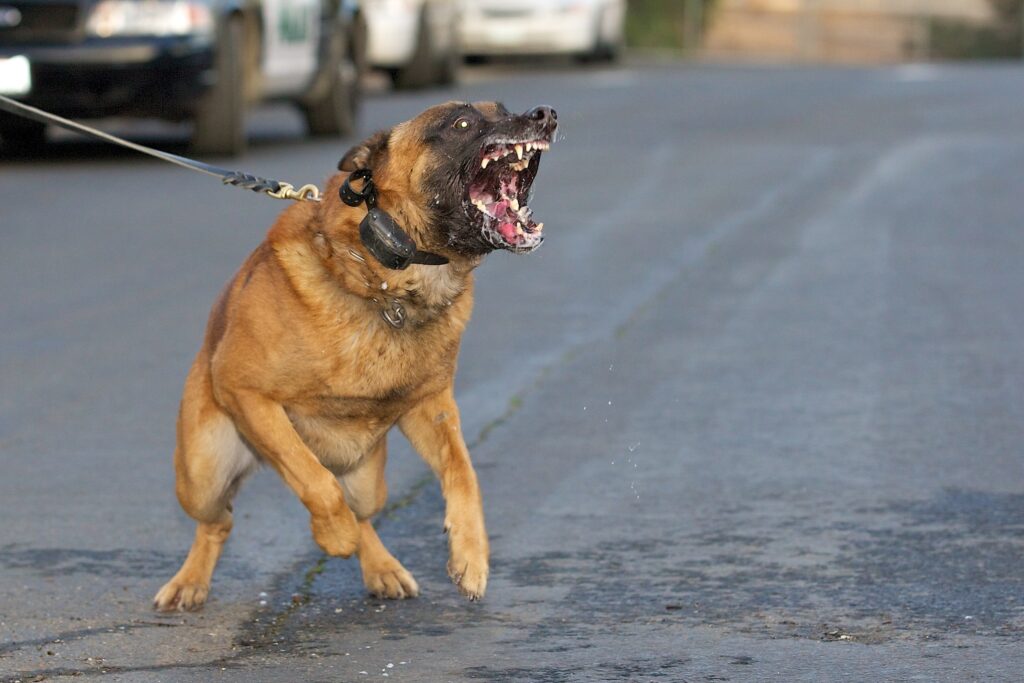
Explanation of aggressive behavior in Bull Mastiff
Aggressive behavior in Bull Mastiffs can occur due to a variety of reasons, such as poor socialization, fear, territoriality, or lack of training. These dogs have a protective nature and may display aggressive behavior towards strangers or other animals to defend their territory or family. Additionally, Bull Mastiffs may exhibit aggressive behavior if they feel threatened or fearful in certain situations. It is important to note that aggressive behavior in these dogs can be managed with proper training and socialization from a young age. Seeking the assistance of a professional dog trainer or behaviorist can help address any aggressive tendencies in Bull Mastiffs and promote a safe and harmonious relationship between the dog and its owner.
Health and Lifespan
Reported lifespan range
The reported lifespan range of Bull Mastiffs is typically 8-10 years. However, some Bull Mastiffs may live longer or shorter depending on various factors such as genetics, diet, exercise, and overall health care. To promote a longer lifespan and better quality of life for Bull Mastiffs, it is important to provide them with a balanced diet, regular exercise, routine veterinary care, and attention to any health issues that may arise.
Health issues that can affect lifespan
Bull Mastiffs are generally healthy dogs, but they may be prone to certain health issues that can affect their lifespan. These include hip dysplasia, elbow dysplasia, bloat (gastric torsion), heart conditions, and cancer. It is important to provide regular veterinary care and to be aware of any signs or symptoms of these health issues, such as limping, lameness, difficulty breathing, or changes in appetite or behavior. Early detection and treatment can help manage these health issues and promote a longer and healthier lifespan for Bull Mastiffs. Additionally, maintaining a healthy diet, providing regular exercise, and avoiding overfeeding can also help prevent certain health issues in Bull Mastiffs.
Food for Bull Mastiff
Best food for Bull Mastiff
Bull Mastiffs require a balanced diet that provides them with the necessary nutrients to maintain their health and energy levels. As large dogs, Bull Mastiff also require a significant amount of food to meet their caloric needs. High-quality, commercially available dog food is a good option for Bull Mastiffs, but it is important to choose a formula that is appropriate for their age, activity level, and any health issues they may have. Additionally, some Bull Mastiffs may benefit from a diet that is high in protein and low in carbohydrates, as well as incorporating supplements such as glucosamine and chondroitin to support joint health. It is also important to avoid overfeeding and to provide regular exercise to maintain a healthy weight and promote overall health in Bull Mastiffs. Consultation with a veterinarian can provide further guidance on the appropriate diet for a Bull Mastiff.
Conclusion
Bull Mastiffs are large and powerful dogs with a protective and loyal nature that can make them wonderful family pets. However, they require proper training, socialization, and care to ensure their health, safety, and well-being. Bull Mastiffs may be prone to certain health issues, such as hip dysplasia and bloat, and a balanced diet with appropriate supplements can help promote their health and longevity. While they may not be the best choice for first-time dog owners, with adequate preparation and dedication, Bull Mastiffs can make a rewarding and loving companion for those who are up to the task of caring for them.
